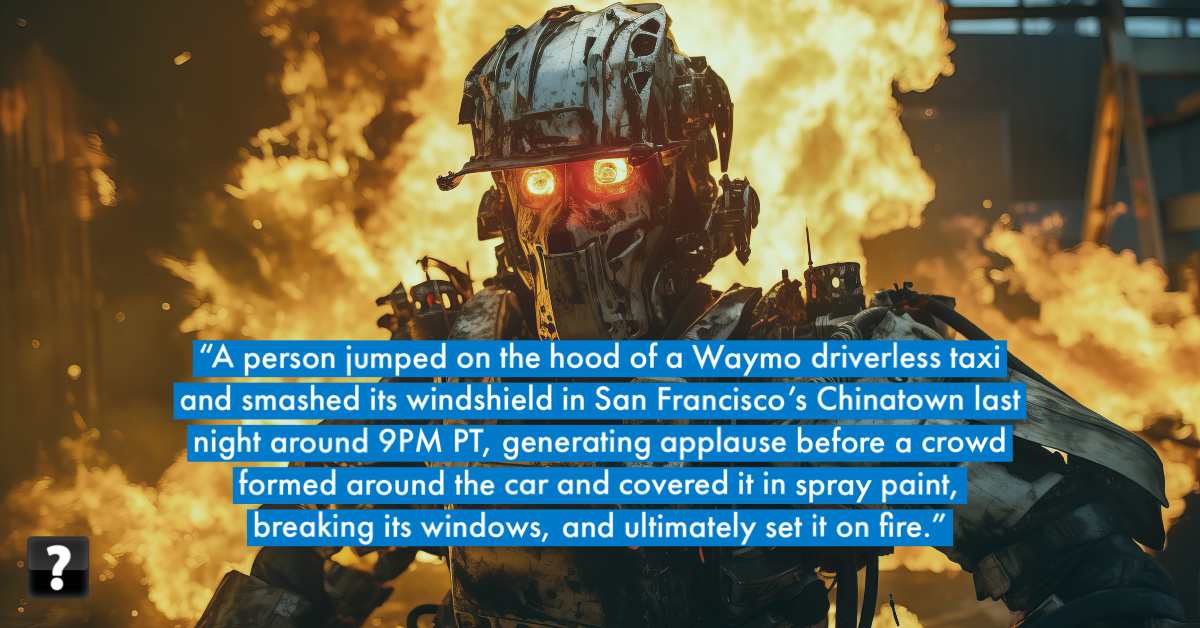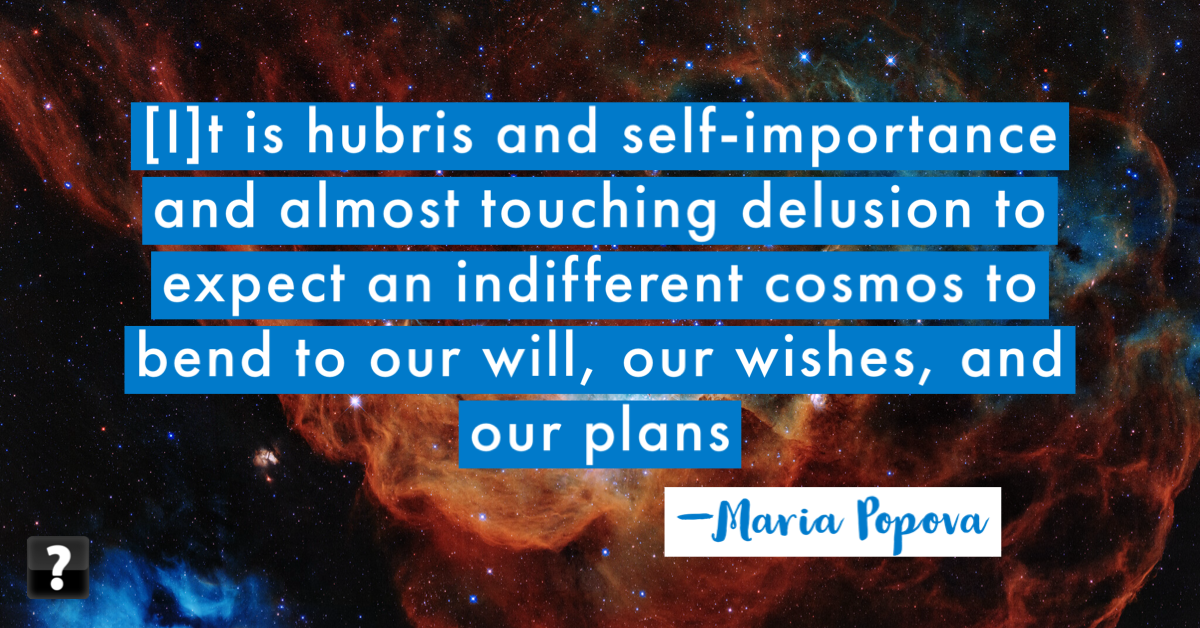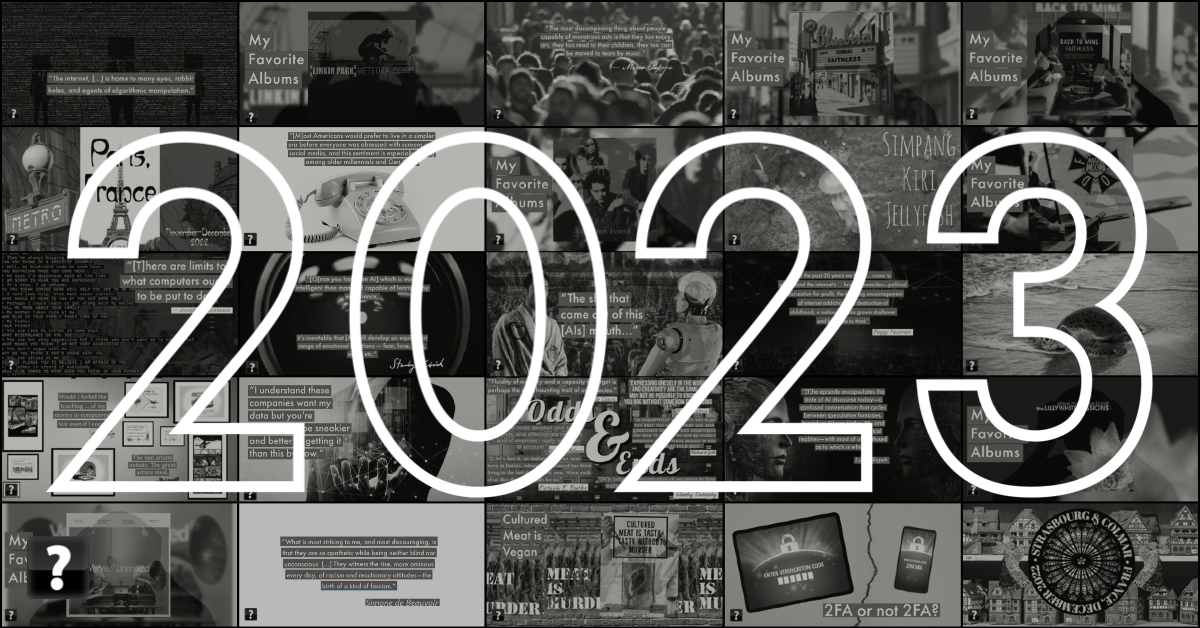- Artist
- Garbage
- Album
- Garbage
- Release Date
- August 15, 1995
I have listened to a lot of Garbage [discogs.com] over the years —haha ;-)— and their self-titled debut album was, from its release a few weeks before my senior year, a favorite album. I don’t know how I found Garbage [discogs.com], I remember seeing the black and white video for Queer on MTV so maybe that’s it, but it sits at the apex of my high school music phase. Whenever I listen I am transported back to the halls of AHS. It is the defining album of my senior year. A perfect end to four hears of high school, from late 1992 to mid 1996, peak of grunge and alternative music.
I listened to Garbage while driving to school in the mornings, somehow I found time to listen between classes —I can vividly remember putting on my headphones and pressing play on my portable CD player as I left different classrooms. I listened to Garbage on the way to work after school and on the way home from work late at night. I know I listened to a lot of other albums: 311 [discogs.com], Sparkle and Fade [discogs.com] by Everclear, The Bends [discogs.com] by Radiohead, A Boy Named Goo [discogs.com] by the Goo Goo Dolls, DMB’s Crash [discogs.com] and STPs Tiny Music… [discogs.com] and there was surely a lot of listening to the radio, but I must have listened to Garbage more than many other album that year.
As far as the songs on Garbage, you couldn’t really listen to modern rock/alternative radio or MTV in 1996 and escape Stupid Girl or Only Happy When it Rains. They were massively popular songs, and rightfully so, they are some of the best on the album. But there are deeper cuts on Garbage, songs that were never singles, so even if you know the singles it’s likely you never head them. And you are missing out: Milk, My Lovers Box, Supervixen and As Heaven is Wide. I could name the whole album but these four will do, go and listen to them.
Garbage was so amazing that I was disappointed when Version 2.0 [discogs.com] came out a few years later. I came to appreciate it more over the years but it never lived up to Garbage for me. None of their subsequent albums do, they aren’t bad, but… nothing was ever going to scale the lofty pedestal I put Garbage on. It’s unfair but this is the perfect alternative rock album for me, the yardstick by which I measure all other albums of the era.
Like all the albums on this list I still listen to Garbage regularly. In fact I managed to get my older daughter hooked on it when she was younger, so that she listened to it between Taylor Swift and other more current music.
If you have never listened to it or haven’t heard it in a long time, take a listen. Garbage is at once unique and a great representative of the mid-90’s alternative rock.
Listen on iTunes:
Or on Spotify:










